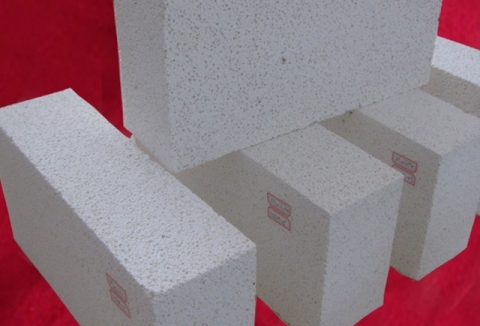- 15
- Nov
Wear resistance of refractory bricks
Wear resistance of อิฐทนไฟ
Refractory bricks are widely used in engineering. Refractory bricks are also set in the kiln. Refractory bricks must not only meet the requirements of fire resistance and high temperature resistance, but also meet the requirements of wear resistance.
The abrasion resistance of refractory bricks is related to temperature. Some refractory bricks, such as high alumina bricks, are generally considered to be higher in temperature, and at a certain temperature (such as within the elastic range below 700-900℃), the wear resistance will be lower, that is, as the temperature rises, refractory bricks The wear resistance decreases with the increase of the modulus of elasticity. When the temperature increases to a higher modulus of elasticity, the wear resistance increases with the decrease of the modulus of elasticity. For example, the abrasion resistance of clay bricks at 1200~1350℃ is even better than that at room temperature. When the refractory material is above 1400°C, its wear resistance will be further reduced. Some refractory bricks, such as chrome refractory bricks, increase in wear resistance as the temperature increases.

The abrasion resistance of refractory bricks depends on the composition and structure of refractory bricks. When the composition of refractory bricks is dense polycrystalline composed of single crystals, its wear resistance mainly depends on the hardness of the material’s mineral crystals. High hardness and high wear resistance. When the mineral crystals are non-isotropic, the material has fine grains and high wear resistance. When a material is composed of multiple items, its wear resistance is directly related to the bulk density or porosity of the material, as well as the bonding strength between components. Therefore, the abrasion resistance of a refractory brick is proportional to its room temperature compressive strength, and sintered refractory bricks have better abrasion resistance. The composition and wear resistance of this brick will be better than refractory bricks!
